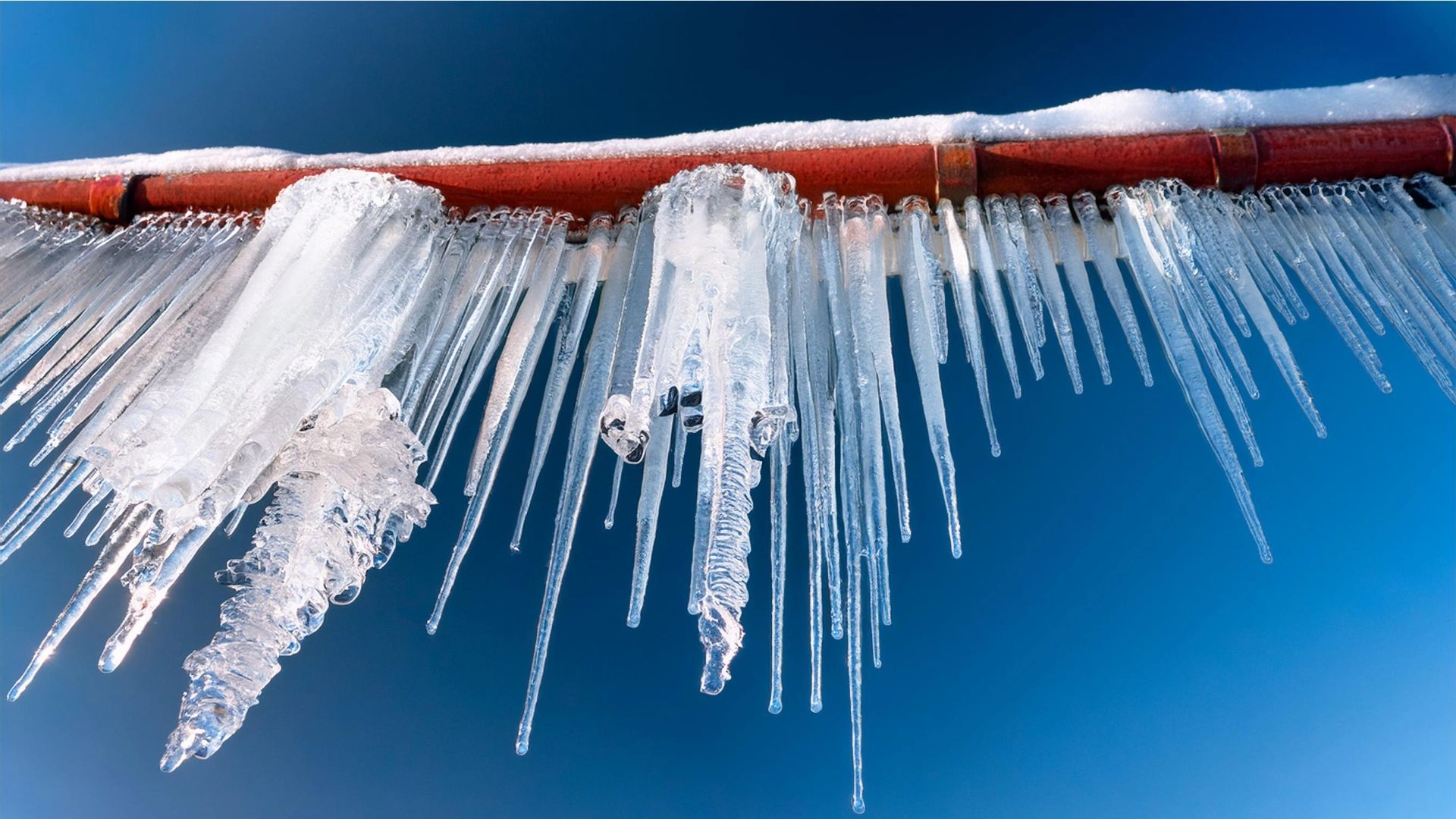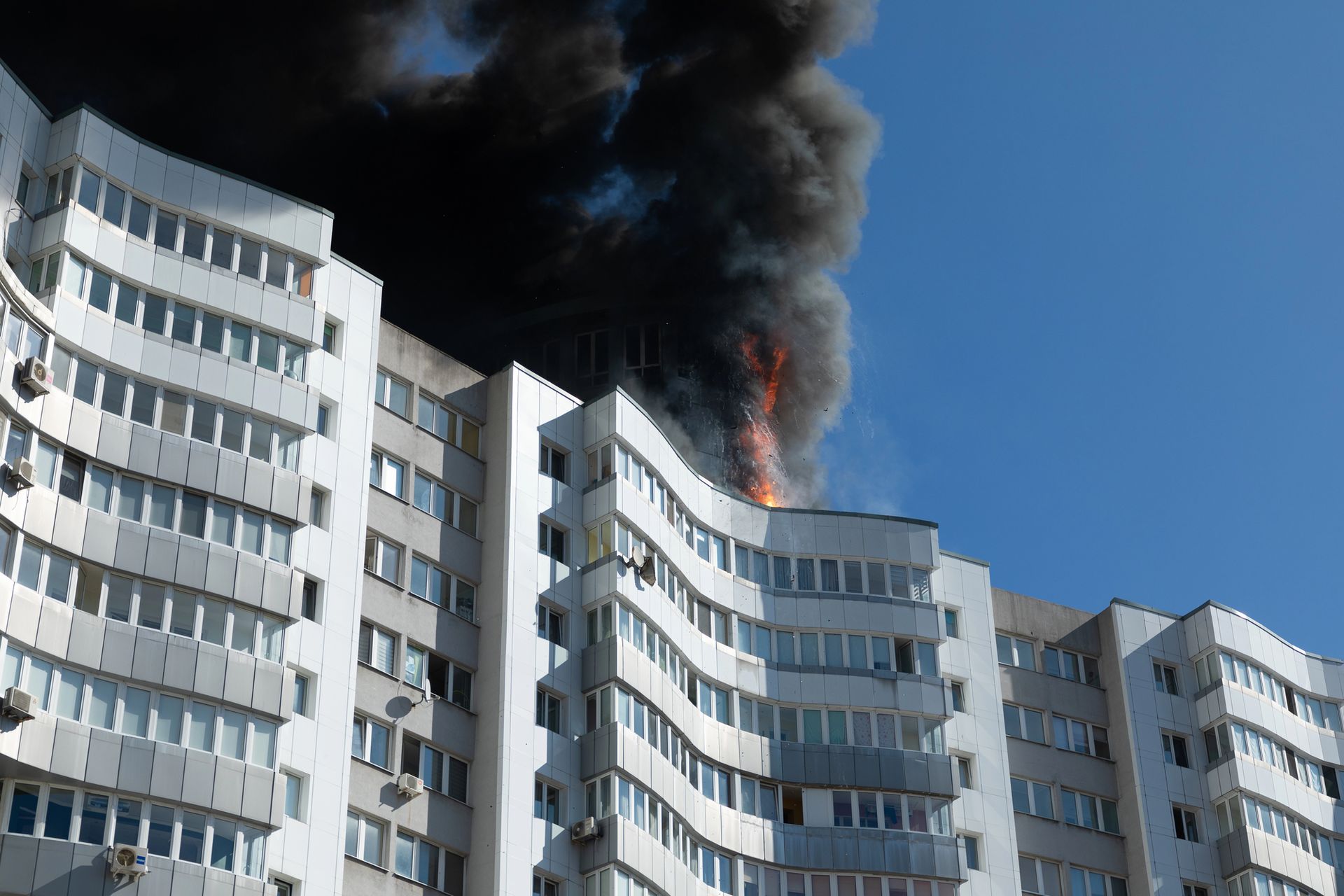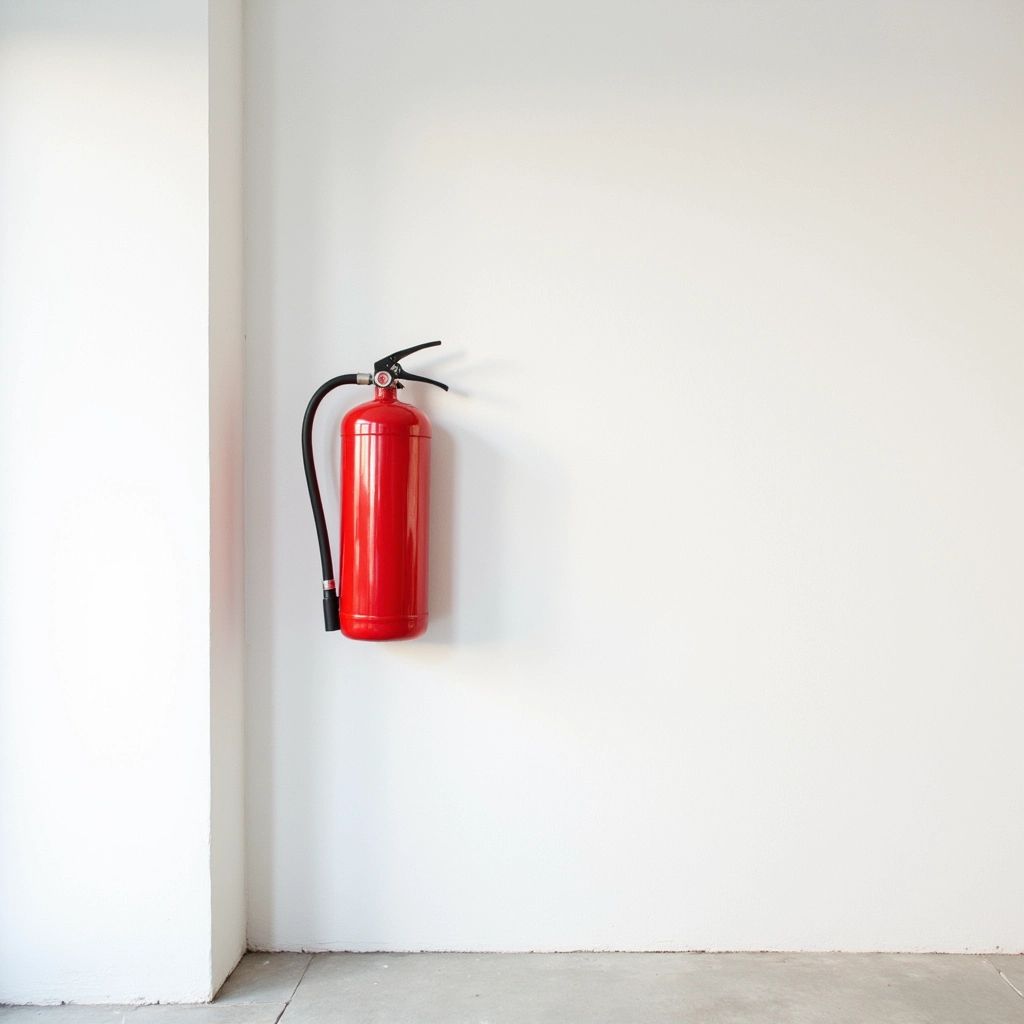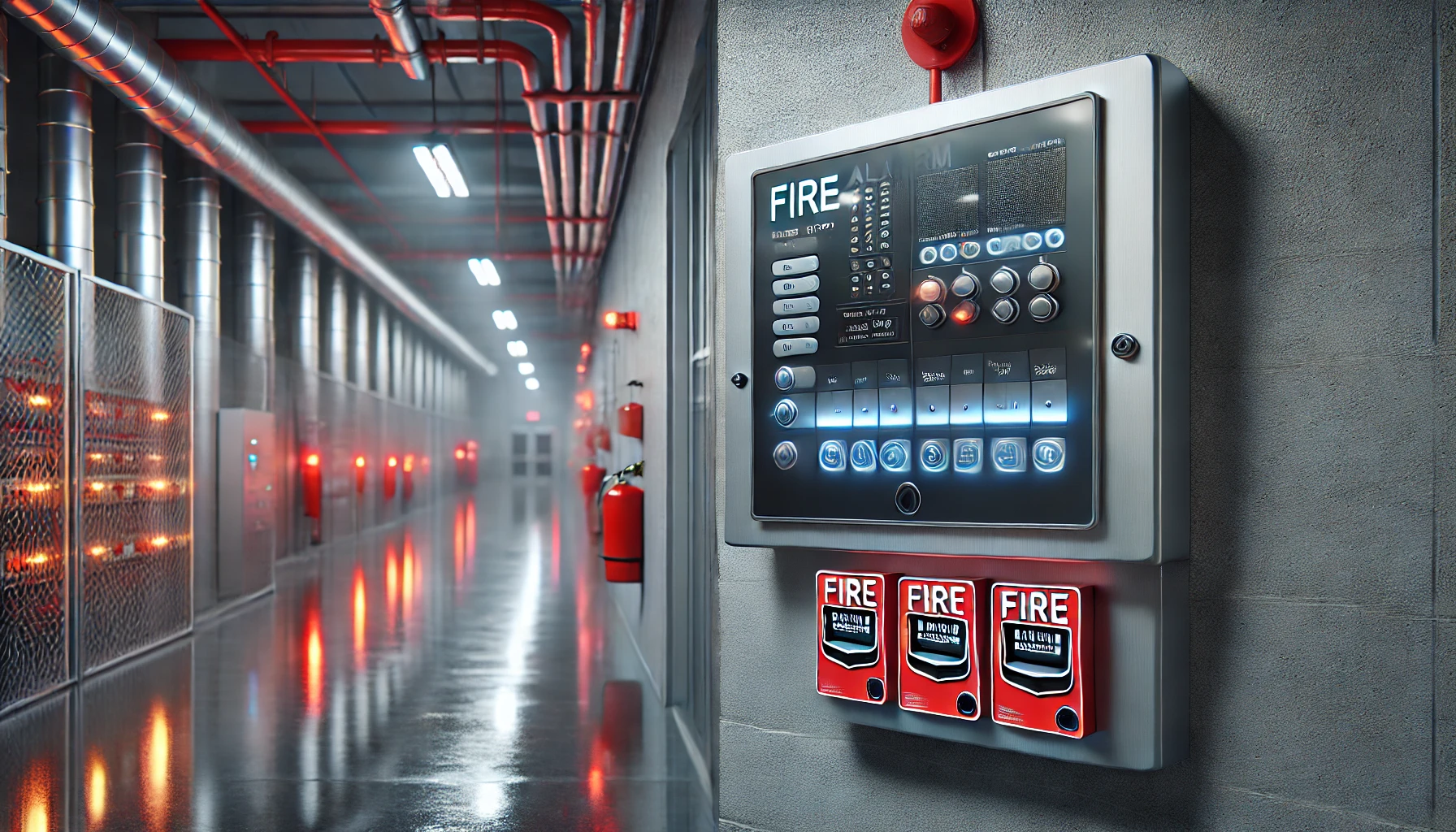Why Insurers Reject Claims: Fire Compliance Mistakes
When disaster strikes and fire damages your property, the last thing you want to hear is that your insurance claim has been denied. Yet this happens more often than you might think, especially when property managers and business owners overlook critical fire compliance requirements.
The Insurance Company's Perspective
Insurance companies aren't looking for reasons to deny your claim, but they do expect you to follow the rules. Think of it like this: when you buy car insurance, you're expected to maintain working brakes. Similarly, when you have property insurance, you're expected to maintain working fire safety systems.
Real-World Example: The San Bernardino Commercial Building Case
In 2023, a commercial property owner in San Bernardino, California faced a devastating situation when their insurance claim was denied after a significant fire. The insurance company's investigation revealed that the building's fire sprinkler system hadn't been inspected in over three years, despite California Title 19 regulations requiring quarterly Inspections.
The property owner had documentation of a sprinkler system installation but had neglected the required maintenance inspections. When the system failed during the fire, causing $350,000 in additional damage, the insurer denied coverage for that portion of the claim, citing non-compliance with NFPA 25 and California regulations as the basis for denial.
The property owner took the case to court but lost when the judge ruled that the insurance policy clearly required compliance with local fire codes and NFPA standards as a condition of coverage.
Common Compliance Mistakes That Lead to Denied Claims
1. Outdated Inspection Records
Insurance companies want to see that you've had regular inspections as required by NFPA 25 and California Title 19. Without these records, insurers may conclude you weren't maintaining your systems properly.
Simple Solution: Create a calendar with all required inspection dates. In California, most systems need quarterly and annual inspections. Keep inspection records for at least five years.
2. Ignored Maintenance Issues
That small leak in your sprinkler system or that broken smoke detector might seem minor, but to an insurance company, it shows negligence.
Simple Solution: Fix issues as soon as they're identified in inspection reports. Document all repairs with dates, photos, and receipts.
3. Improper System Modifications
Many property managers make changes to their buildings without updating fire systems accordingly. This creates code violations that insurers can use to deny claims.
Simple Solution:
Consult with a fire safety professional before making building modifications. Ensure all changes comply with current NFPA standards.
4. Inadequate Staff Training
If your
staff doesn't know how to respond to fire alarms or use fire extinguishers, insurers may determine that human error contributed to damages.
Simple Solution:
Conduct and document regular fire safety training sessions. Make sure everyone knows evacuation procedures and basic fire safety protocols.
5. Missing Documentation
Sometimes the system is fine, but you can't prove it because documentation is missing or incomplete.
Simple Solution: Maintain a dedicated fire safety compliance folder (both physical and digital) with all certificates, inspection reports, and maintenance records.
The Bottom Line
Insurance companies aren't trying to trick you—they simply need verification that you've done your part to prevent fires and minimize damage. By understanding and addressing these common compliance mistakes, you protect both your property and your ability to recover financially after a fire.
Remember: The cost of maintaining compliance is far less than the cost of a denied insurance claim. When in doubt, consult with fire safety professionals who understand both NFPA requirements and California's specific regulations.
Fire Testing Solutions can help you identify and correct compliance issues before they lead to denied insurance claims. Our comprehensive inspections and documentation services ensure you're protected—both from fires and from insurance claim denials.











